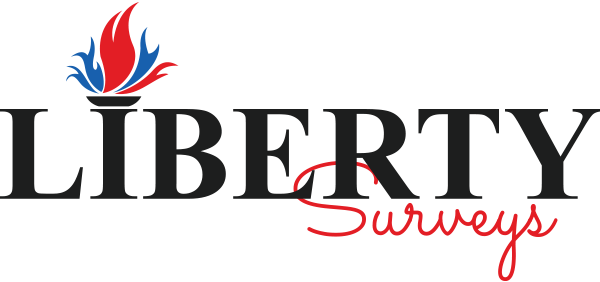Foreign Policy
Can Justin Trudeau Effectively Handle Trump’s Tariff Threats After Chrystia Freeland’s Resignation?

Can Justin Trudeau Effectively Handle Trump’s Tariff Threats After Chrystia Freeland’s Resignation?
Here’s The Scoop
In a surprising turn of events, Canadian Prime Minister Justin Trudeau’s government has been hit with a significant blow as Finance Minister Chrystia Freeland resigned, citing irreconcilable policy differences. The resignation comes amid escalating tensions over how Canada should respond to President-elect Donald Trump’s assertive “America First” agenda and his proposed tariffs.
Freeland’s departure underscores the growing turmoil within Trudeau’s administration, which is struggling with dwindling support and poor poll numbers. Her resignation letter, made public just before a scheduled address on U.S.-Canada border security, highlights the deepening rift over how to handle Trump’s economic nationalism and the looming threat of a 25% tariff unless Canada takes stronger action against illegal immigration and drug trafficking.
The U.S.-Canada border has seen a notable increase in activity, with over 23,000 encounters by Border Patrol agents in fiscal year 2024, more than double the previous year. This uptick in border activity adds pressure on Trudeau’s government to act decisively.
Freeland’s letter to Trudeau was candid, stating, “On Friday, you told me you no longer want me to serve as your Finance Minister and offered me another position in the cabinet. Upon reflection, I have concluded that the only honest and viable path is for me to resign from the cabinet.” She expressed her concerns over the “aggressive economic nationalism” from the incoming Trump administration and emphasized the need for Canada to prepare for a potential tariff war.
Trump, having secured a decisive victory over Vice President Kamala Harris, has made it clear that he intends to impose tariffs unless Canada and Mexico address his concerns. This has prompted varied reactions from both nations, with Mexican President Claudia Sheinbaum issuing a stern warning of a “response in kind” if the tariffs are enforced.
Trudeau, opting for a more diplomatic approach, has reached out to Trump, claiming to have had a “good call” with the president-elect and even visiting him at Mar-a-Lago to discuss border security efforts. However, the internal discord within his cabinet, exemplified by Freeland’s resignation, suggests that Trudeau’s government is struggling to present a united front.
Meanwhile, the Conservative Party, led by Pierre Poilievre, appears poised to capitalize on Trudeau’s vulnerabilities. Poilievre has criticized the current government’s handling of immigration and border security, calling for stricter measures to protect Canadian interests. He argues that Canada’s political instability and economic challenges are being exacerbated by Trudeau’s leadership, particularly at a time when the nation faces significant threats from its largest trading partner.
With the next election on the horizon, recent polls indicate that Trudeau’s Liberal Party could face a tough battle against the Conservatives. Poilievre is seen by many Canadians as better equipped to work with Trump, and his calls for a stronger stance on border security resonate with those concerned about the country’s direction.
As Canada navigates these turbulent times, the question remains whether Trudeau’s government can withstand the mounting pressures or if the Conservatives will seize the opportunity to steer the country in a new direction. The stakes are high, and the outcome will have lasting implications for Canada’s relationship with the United States and its domestic policies.
What do you think? Let us know by participating in our poll, or join the discussion in the comment section below!

Dave
December 25, 2024 at 7:32 am
Trudeau’s policy’s have not and are not working for Canadians and like here in America I believe their citizens are going to be voting for a change
Herb Sutton
January 8, 2025 at 7:50 pm
Trudeau can get a beach chair and move to Delaware.